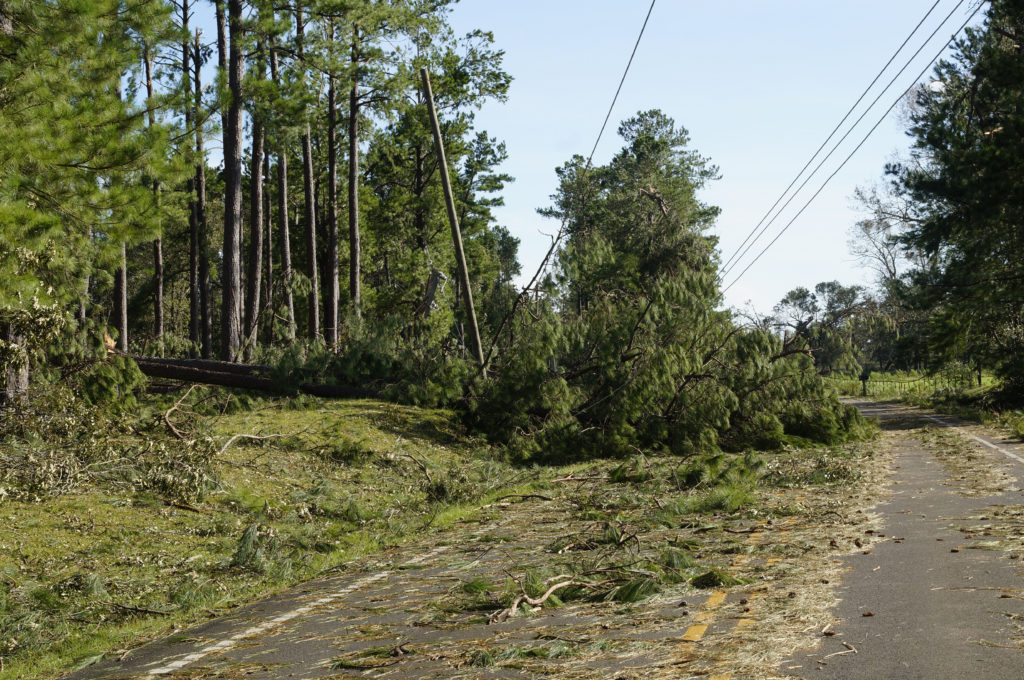
A group of electric cooperatives and other utilities are working with government researchers to improve power outage reporting by standardizing the way information is captured and displayed when major service disruptions occur.
NRECA, National Information Solutions Cooperative and several co-ops and public power districts are supporting development and deployment of the Outage Data Initiative Nationwide system, or ODIN. Widespread use of the technology could improve emergency operations response with more effective communications presented with standardized data.
“About 4,000 electric utilities in the United States now produce outage information developed in several different formats,” said Tony Thomas, a senior principal engineer with NRECA’s Business and Technology Strategies department. “ODIN is a single-pane data solution for public safety and emergency management personnel so that coordinating responses won’t require rotating through multiple screens and websites to get real-time status views from multiple utilities serving a threatened area or region.”
Researchers at Oak Ridge National Laboratory and the Department of Energy have been working on ODIN for about six years. Several co-ops and public power districts were involved in development and beta-testing for the interface that’s designed to pull data from existing outage management systems.
The system, now available for deployment and use, provides details by county, postal code or geo-position, including data on repair and restoration estimates. ODIN was developed using NRECA’s MultiSpeak® standard. MultiSpeak, a software system that facilitates secure data-sharing, is used by most co-ops, other utilities, universities and the Department of Defense.
“It takes about 30 minutes to set it up so a member’s outage management system can provide data to the ODIN system,” said Todd Eisenhauer, vice president of quality and process assurance at NISC. “The local, state and federal agencies accessing the data get timely information to assist with evacuations, incident response and logistics planning during recovery periods.”
Eisenhauer said many NISC members are already providing data collected through their outage management systems to their statewide associations, state public utility commissions and other users, and inclusion in DOE’s ODIN portal is an easily added option.
Use of the ODIN system is expected to gain momentum during the current wildfire and hurricane seasons. The interface also has communications potential for polar vortex events, spring floods affecting broad areas, and demand incidents prompting emergency conservation or grid management measures.
“ODIN is designed to provide first responders and incident management teams with national or regional views that can be drilled down to focus on local conditions,” said Thomas. “Users will be able to quickly determine whether power is on or off in specific areas and if transmission and distribution lines are energized or not.”
Knowing that information on a real-time basis enhances safety for firefighters and emergency service crews. It also can help with management of evacuation routes and the location of relief services. The technology could prove essential against cyberattacks that might affect electricity service over broad areas of the country.
“ODIN is taking this to a higher level for all utility parties involved and aligning the data for various key stakeholders,” said Eisenhauer. “This will be useful whether displaced residents are looking for the locations of heating centers during widespread freeze events or essential services when service disruptions occur during wildfire events. Standardization of how the information is presented enhances its value for all users involved in managing event response.”
Derrill Holly is a staff writer for NRECA.